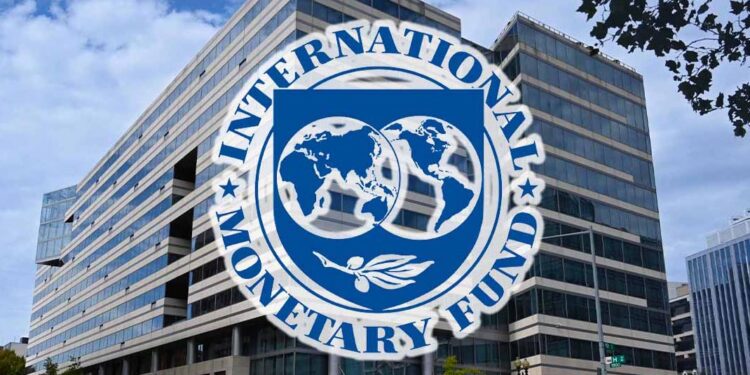IMF Urges Lebanon to Deepen Reforms Amid Fragile Rebound and Banking Sector Challenges
The International Monetary Fund (IMF) has urged Lebanon to pursue deeper fiscal and structural reforms to restore sustainable growth and rebuild its war-stricken economy, following a staff mission to Beirut from September 22 to 25.
In a statement issued at the end of the mission, team lead Ernesto Ramirez Rigo acknowledged Lebanon’s economic resilience despite the regional conflict, noting that a modest rebound is underway, largely supported by strong diaspora tourism inflows. Authorities, he said, had “correctly maintained a tight fiscal and monetary stance,” allowing for a small fiscal surplus and accumulation of reserves. Progress was also noted in the establishment of long-delayed regulatory bodies for the electricity and telecommunications sectors, as well as improvements in fiscal data and tax compliance systems.
However, Mr. Ramirez Rigo cautioned that the country’s recovery remains precarious and heavily dependent on comprehensive reforms. “Restoring strong and sustainable growth requires implementing ambitious and comprehensive reforms to tackle the structural weaknesses that have been hampering Lebanon’s potential for years,” he stressed, adding that such measures are also critical for attracting international support.
The mission focused on two key priorities: rehabilitation of the banking sector and preparation of the 2026 budget. On banking reforms, Mr. Ramirez Rigo welcomed the passage of the Bank Resolution Law, but noted that it requires further refinement to meet international standards. The IMF team recommended amendments to ensure effective restructuring, equitable loss allocation, protection of small depositors, and public debt sustainability.
On fiscal policy, the IMF expressed disappointment at what it described as an insufficiently ambitious draft 2026 budget. While acknowledging steps to broaden the tax base and strengthen compliance, the team called for wider tax policy reforms to create fiscal space for reconstruction and social protection. It also raised concerns about the government’s decision to roll back fuel excise taxes, warning that it could undermine revenue generation.
“The mission also called for stepping up efforts toward the adoption of an ambitious medium-term fiscal framework, which is necessary for developing a credible strategy to restore fiscal and debt sustainability,” Mr. Ramirez Rigo stated.
The IMF said discussions with Lebanese authorities will continue at the upcoming Annual Meetings, reiterating its commitment to supporting the country in crafting a comprehensive reform programme.








